
Sustainability spotlight: Our Top 10 Sustainability stories from the past year
Here are our top 10 sustainability stories of 2025, spanning corporate strategy, upcycling innovation and the practical challenges facing the food and beverage industry
News & Analysis on Food & Beverage Development & Technology

Here are our top 10 sustainability stories of 2025, spanning corporate strategy, upcycling innovation and the practical challenges facing the food and beverage industry
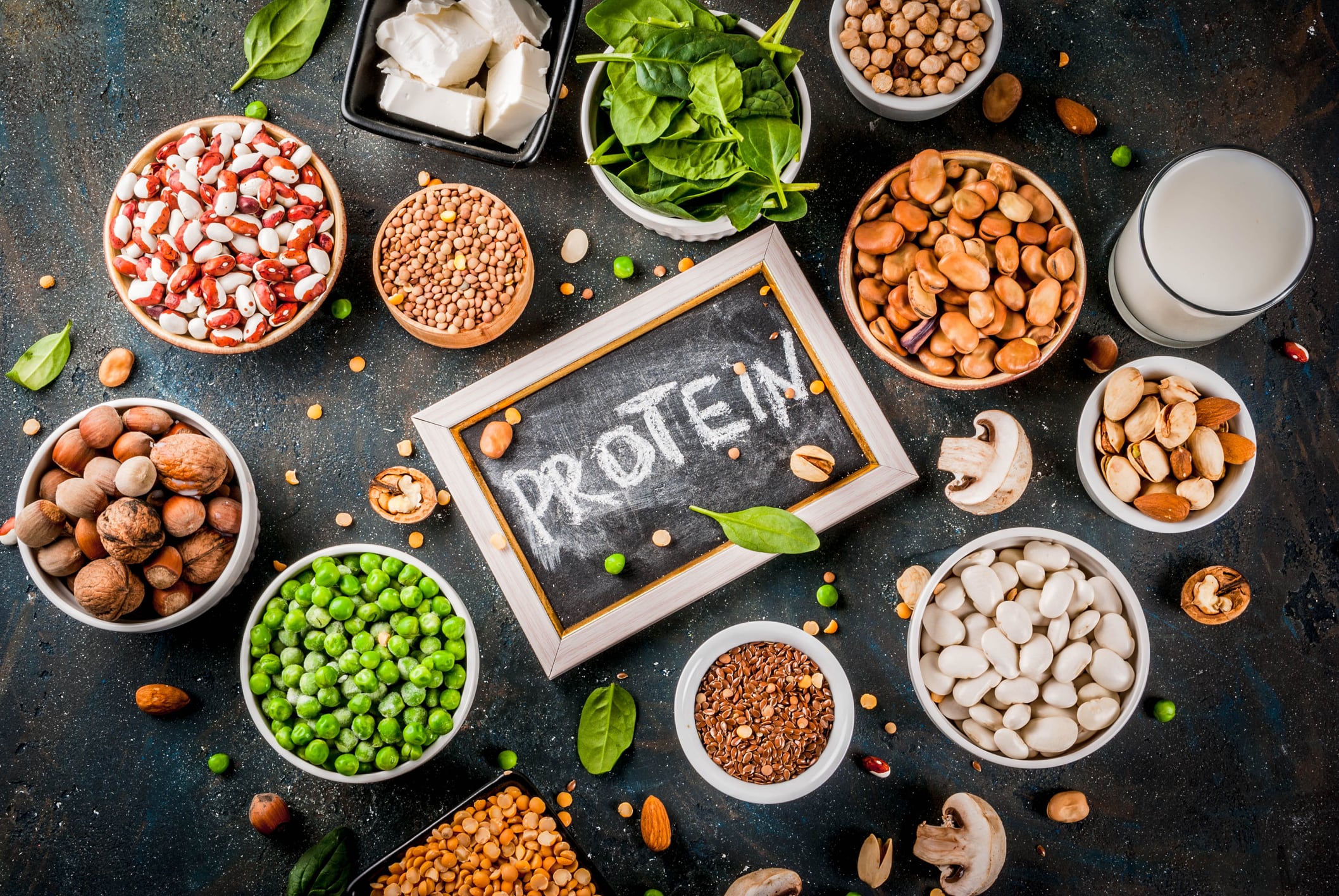
From mung bean snacks to microalgae desserts, familiar and healthier formats are emerging as key levers to help alternative protein firms scale
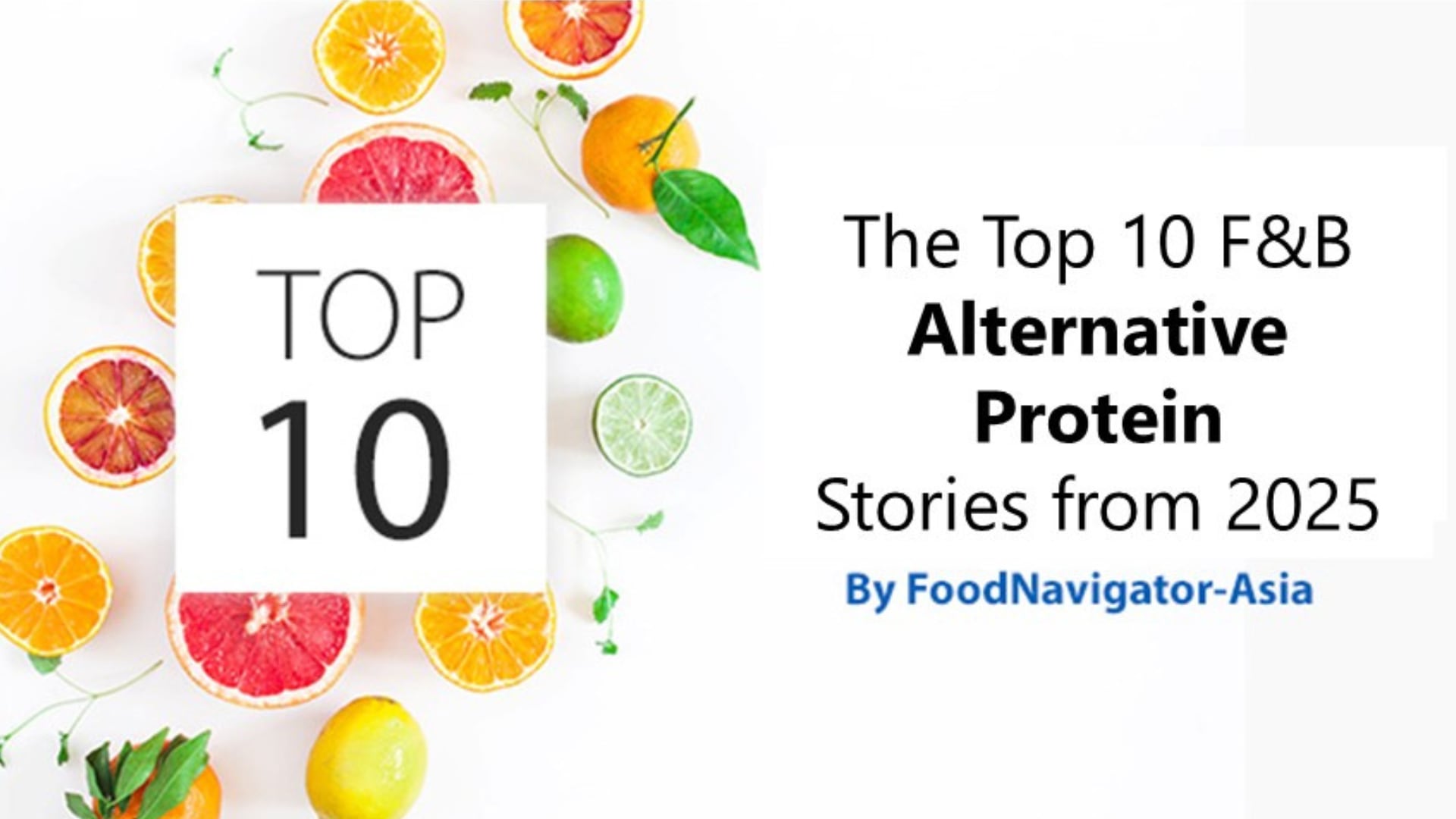
We reveal the top 10 most popular alt protein stories from this year, from leaf-powered protein to cultivated seafood and more
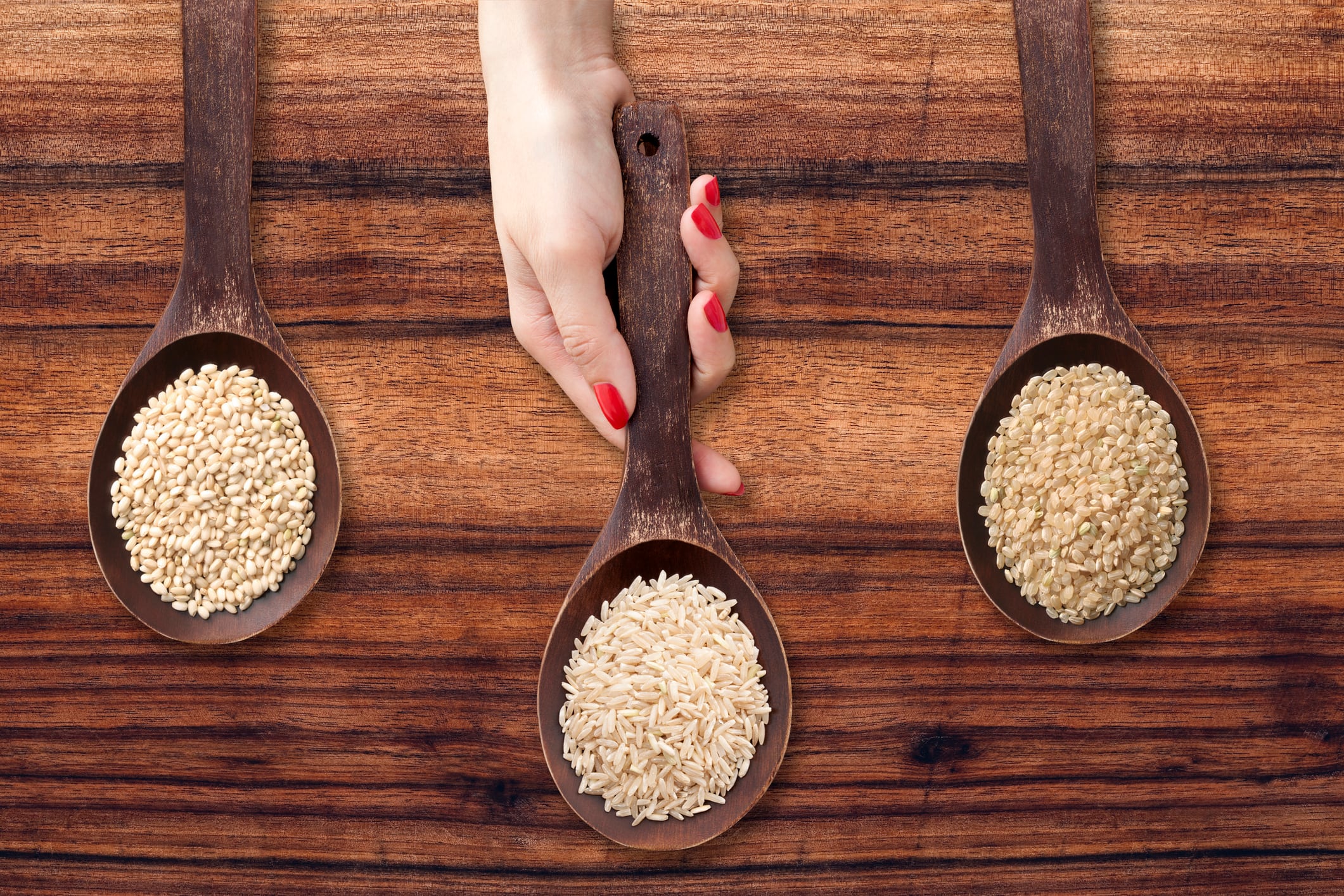
Natural, whole and ancient grains boast strong nutritional benefits and minimal processing
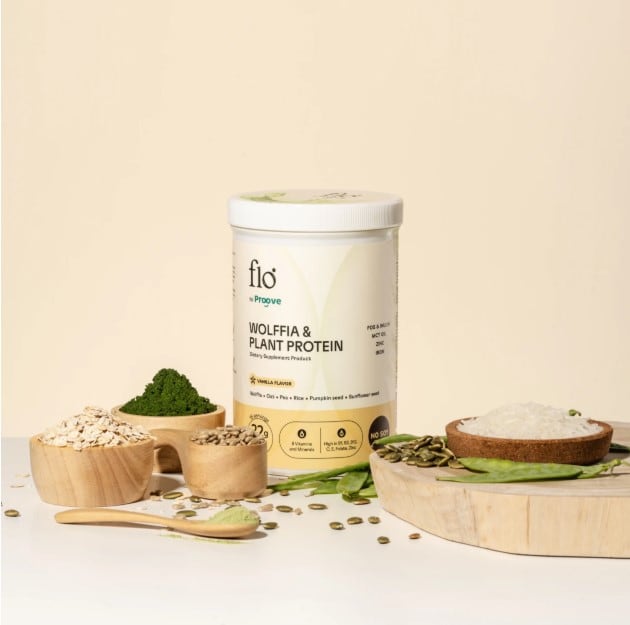
Thai brand Flo turns local superfood wolffia into protein drinks and flavour enhancers, tapping global demand for convenient, healthy foods
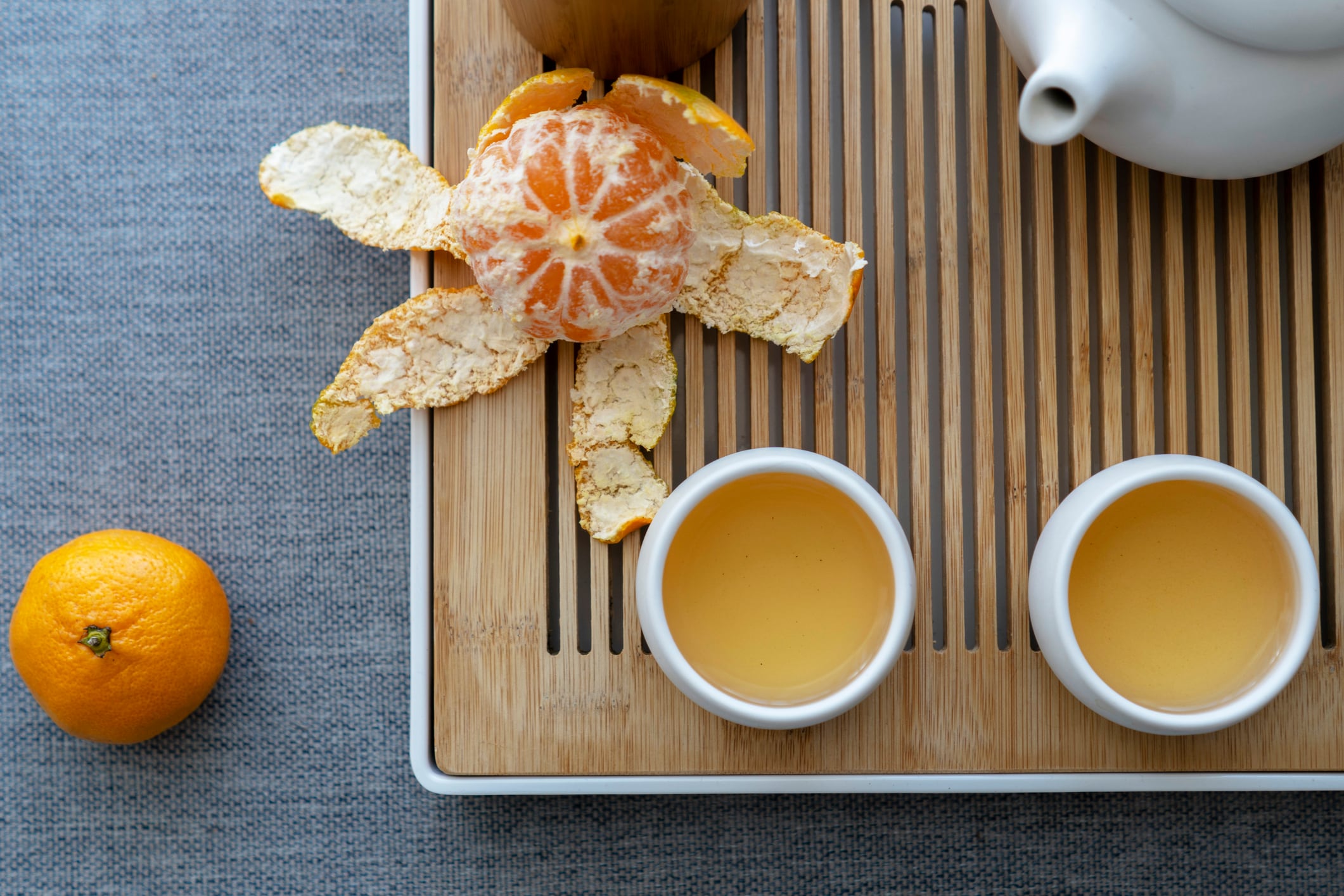
Korean ingredients firm Suchang is expanding its citrus-based business into Japan, developing mandarin peel products to tap rising wellness demand

Here are our top 10 packaging stories featuring thermal strips on wine bottles, regulatory updates, sustainability challenges, and more
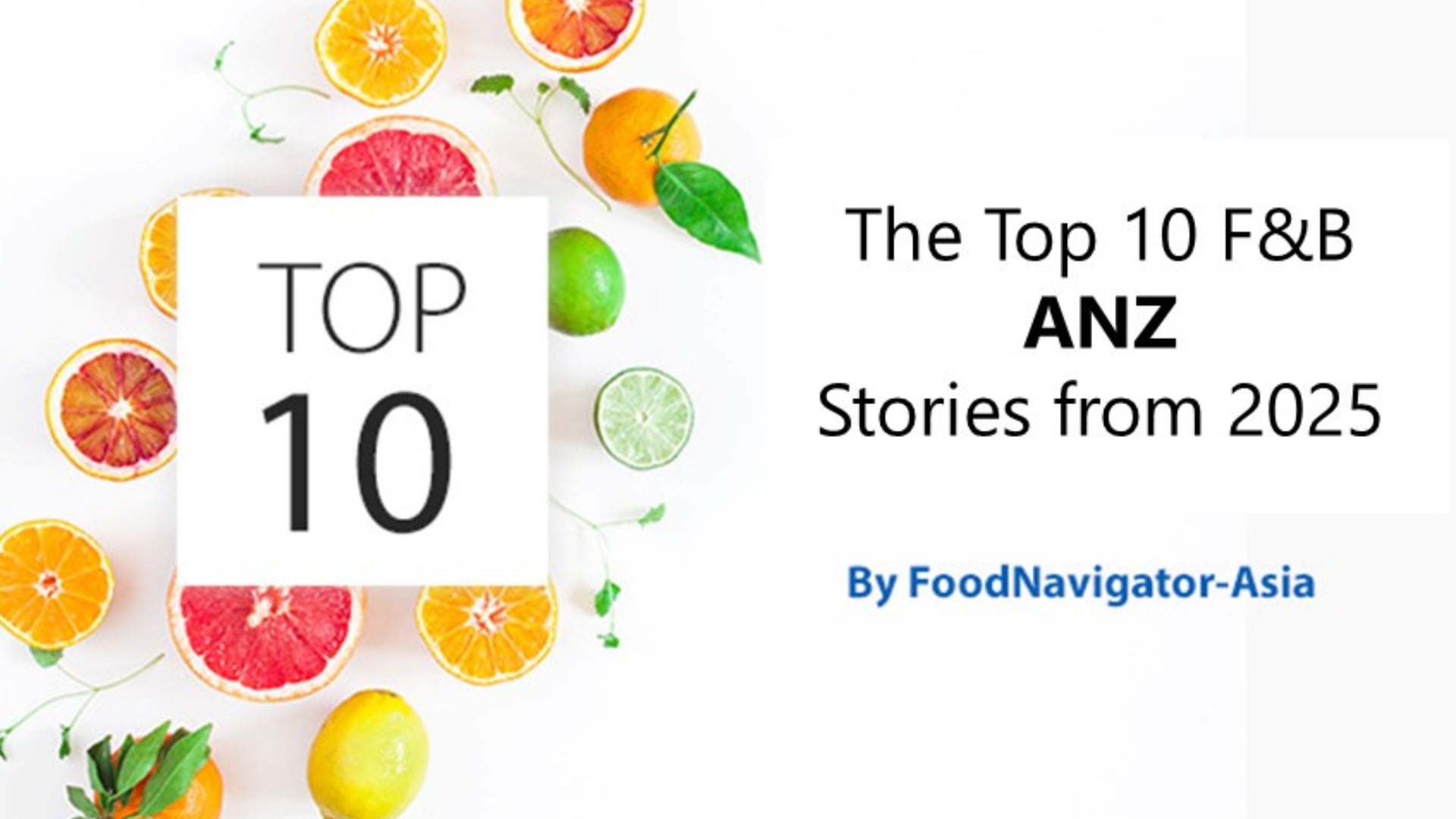
Here are our top 10 ANZ stories this year, with a spotlight on healthier and sustainable innovations, alternative proteins, regulatory updates, and more
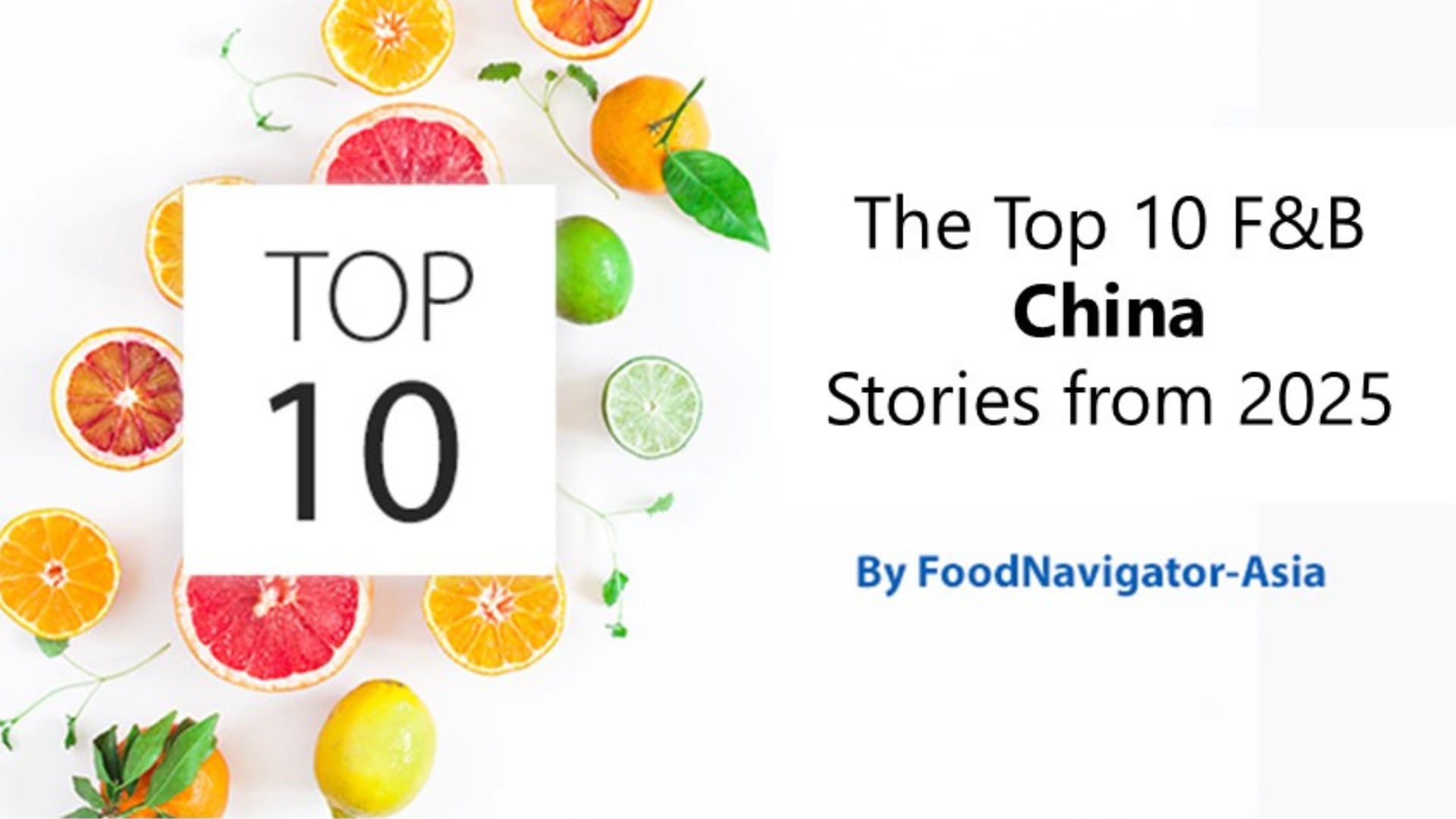
We highlight our top 10 most-read China stories from 2025, covering policy shifts, product innovation, and changing consumer demands
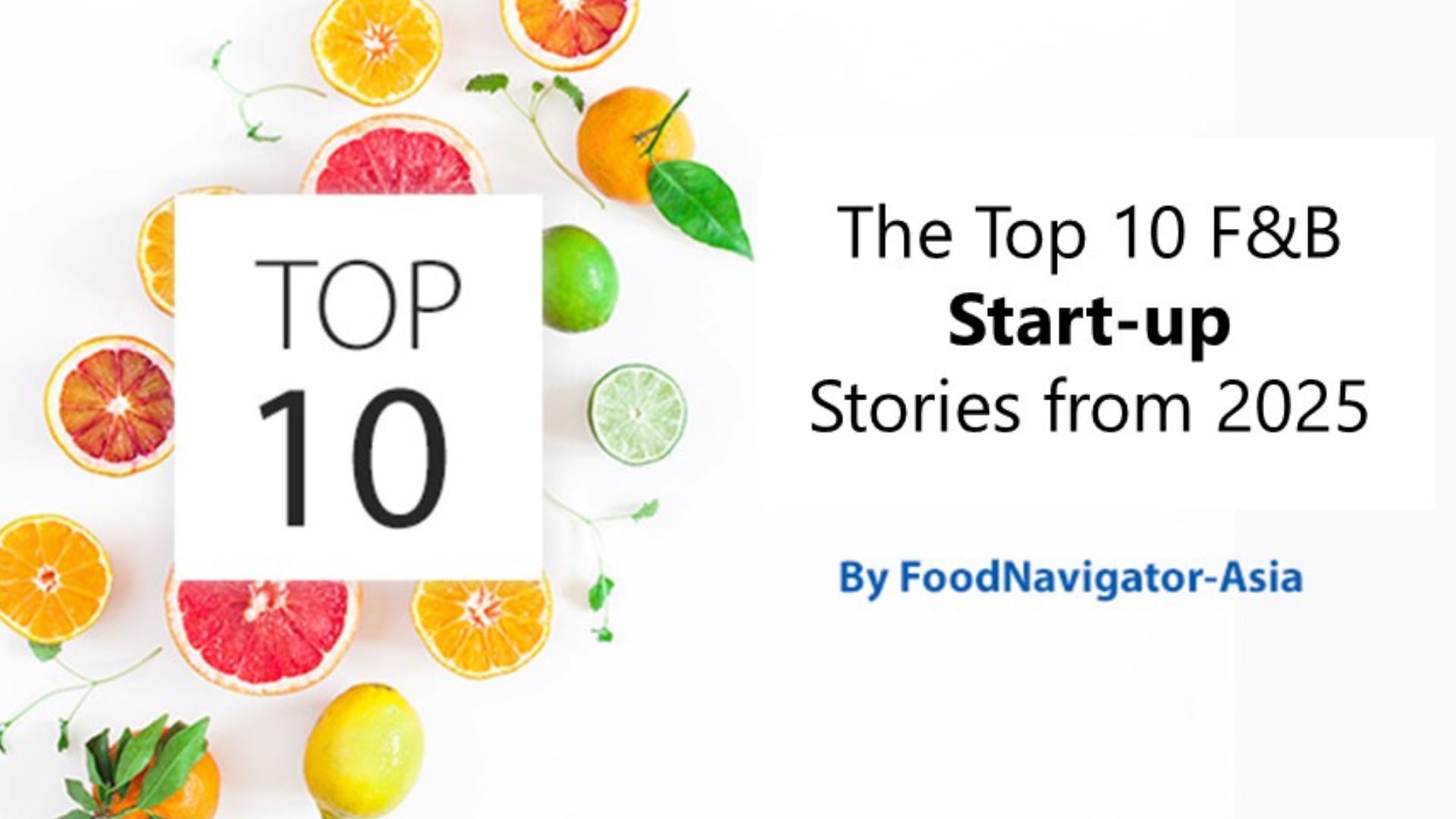
Here are our top 10 start-up stories of 2025, spanning innovations from mood-boosting candies and bean-free coffee to cultivated seafood and novel protein ingredients
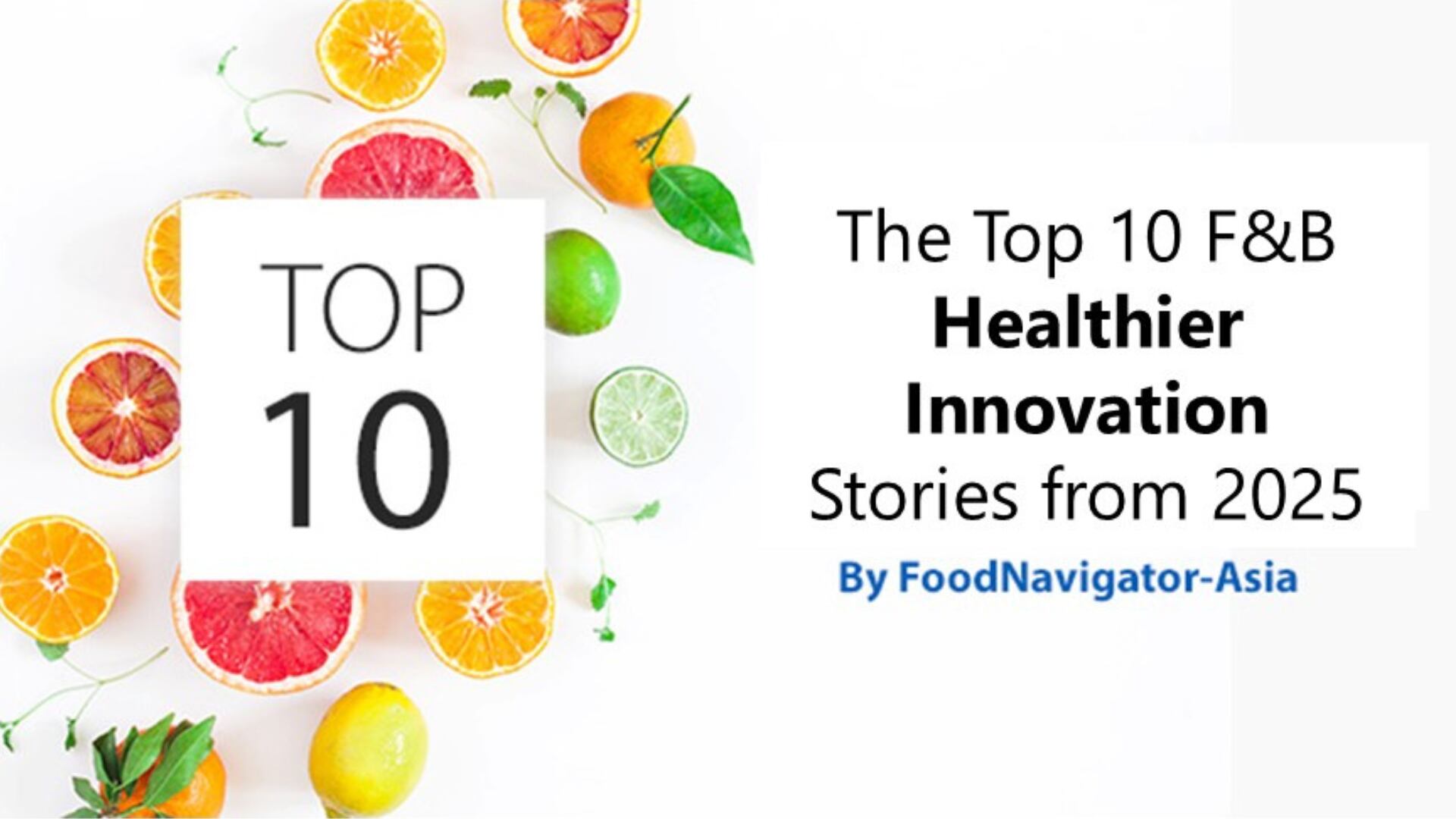
We reveal the top 10 healthier innovation stories of 2025, spanning functional ingredients, product reformulation, sugar and sodium reduction, and the growing focus on preventative health

Singapore-based Mottainai has created a brownie-flavoured lager in its journey towards upcycled products for wider commercial use
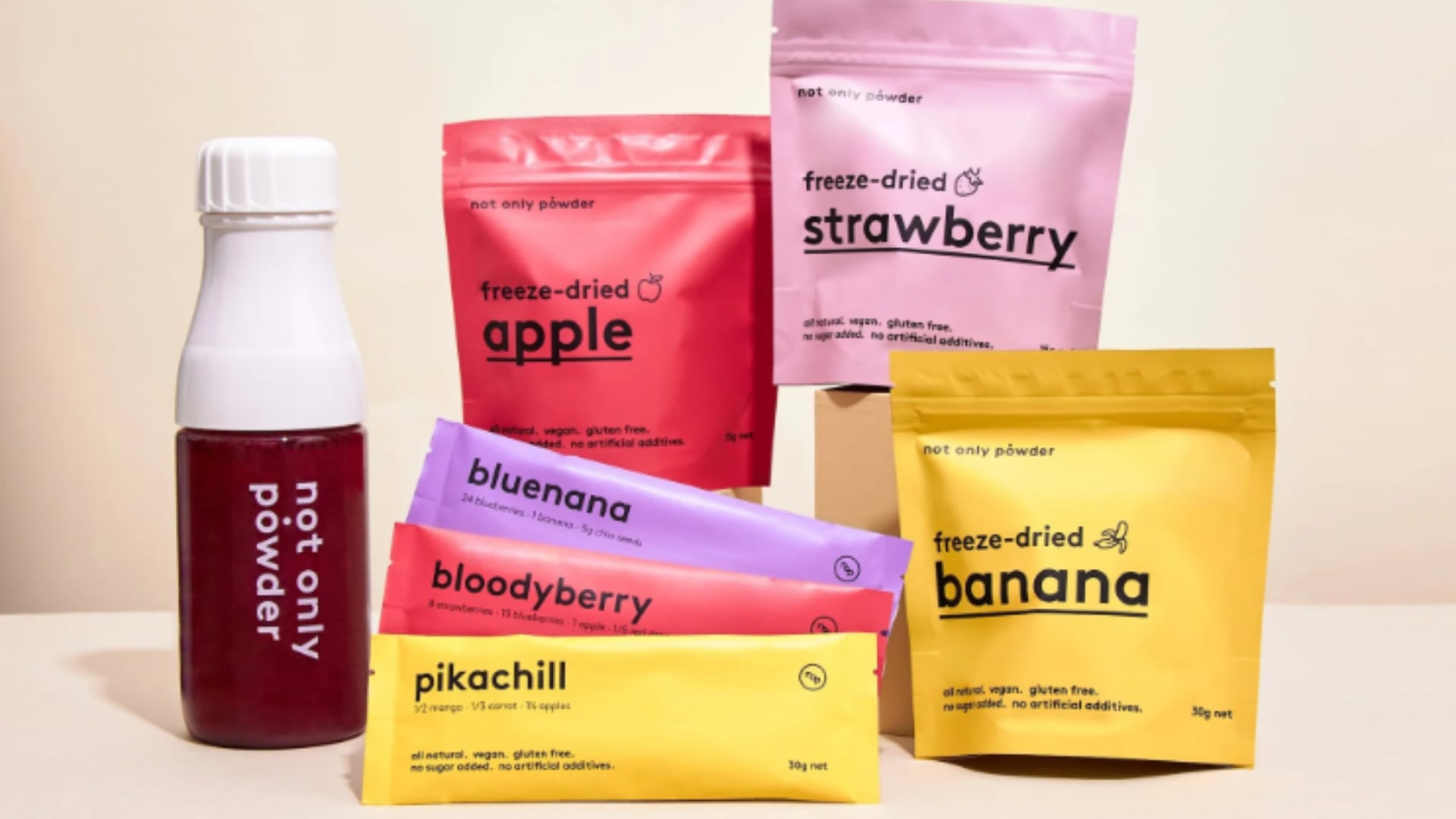
Hong Kong-based not only powder (nop) upcycles unwanted fruit into snacks, supplements and personal care products using freeze-drying and a social co-creation model
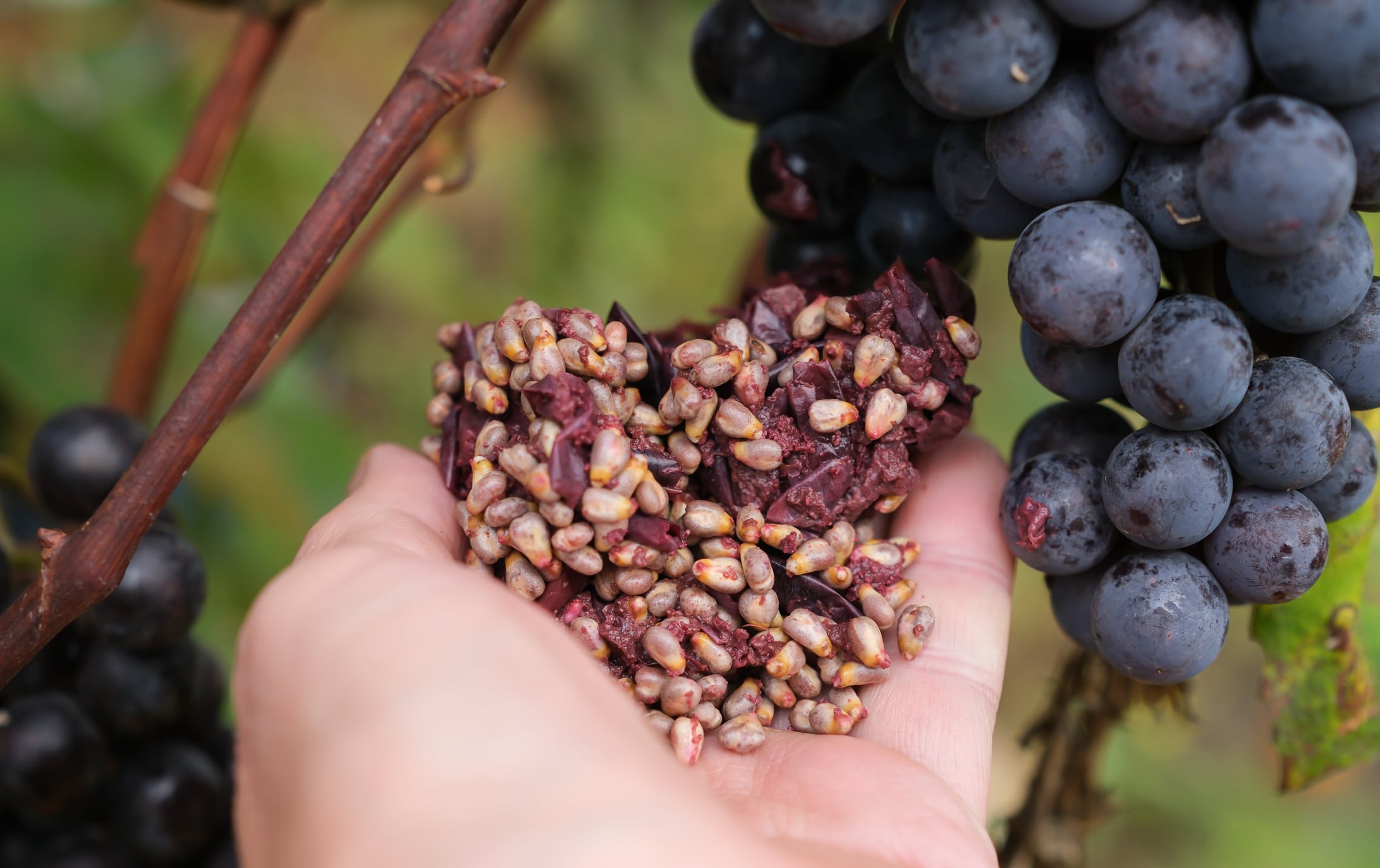
Research from China has found upcycled grape pomace from winemaking can add antioxidants, fibre, colour and texture to foods, offering health and sustainability benefits

Australian startup Heartful Flavours launches three salt-free Asian seasonings made from whole plant foods, complementing its heart-healthy meal packs
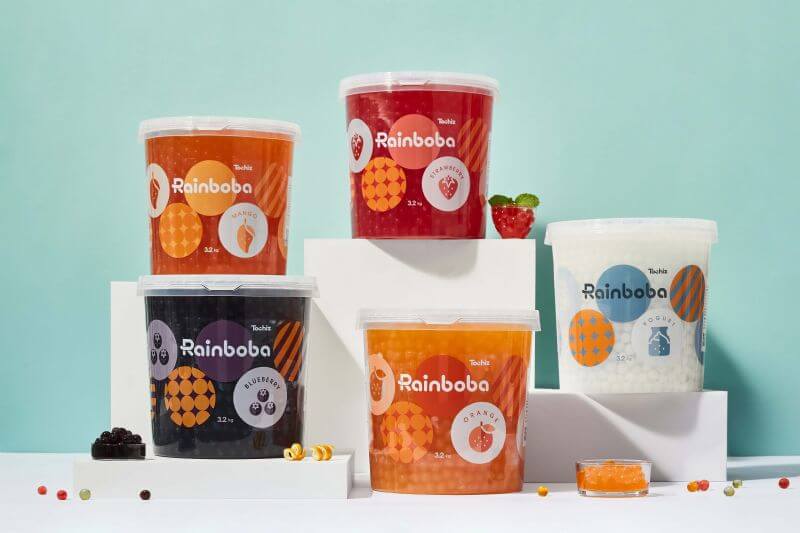
Kaohsiung Food Show 2025
Taiwan’s Tachiz is reimagining the world-famous boba – from fruity to savoury fillings – to deliver indulgent yet healthier options for food and drink makers
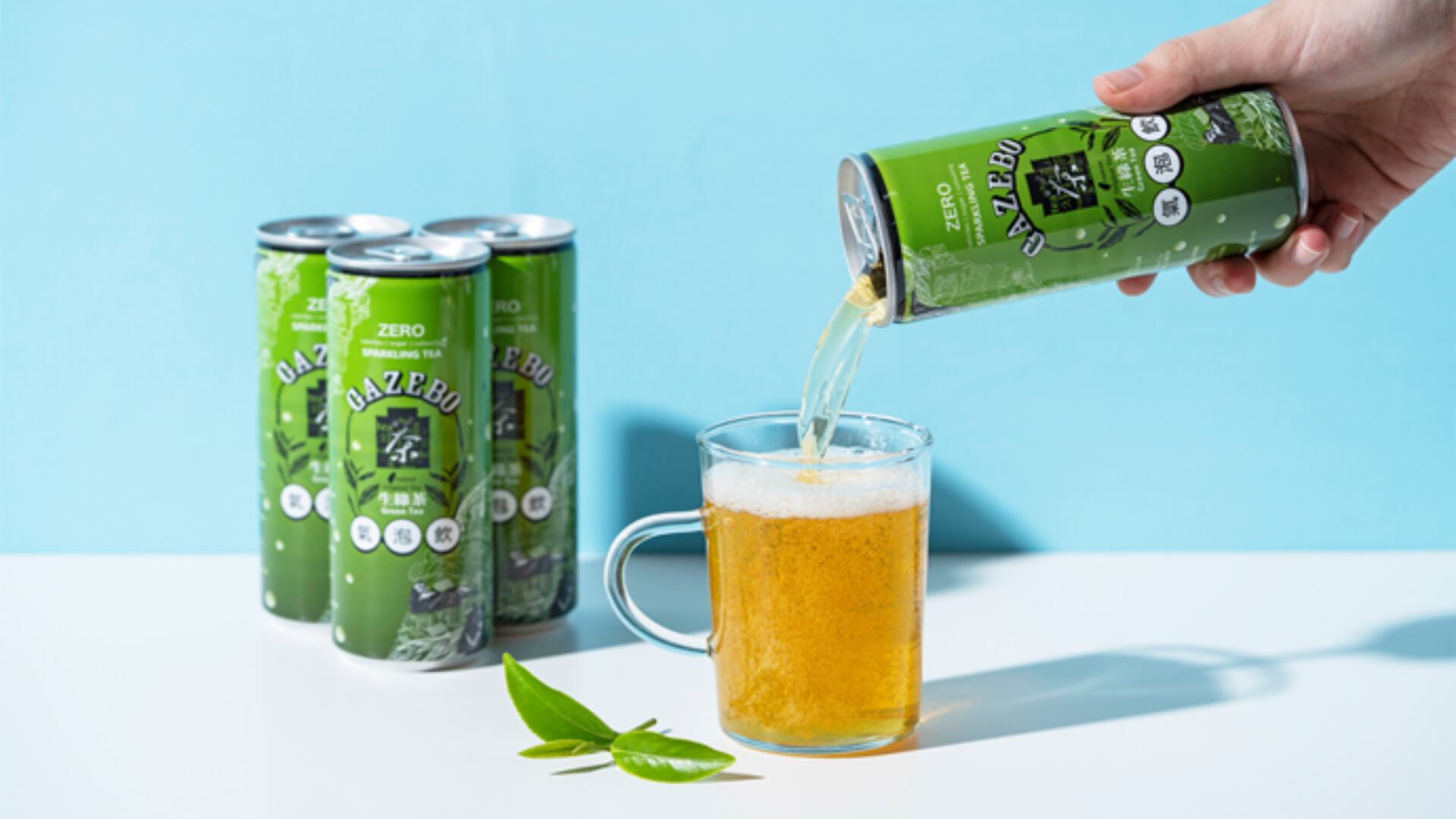
Kaohsiung Food Show 2025
Kaohsiung-based tea firm reimagines green tea into a fizzy beverage as health-conscious consumers seek weight-friendly and zero-alcohol options

As sustainable ingredients gain traction, we explore the trends driving their development
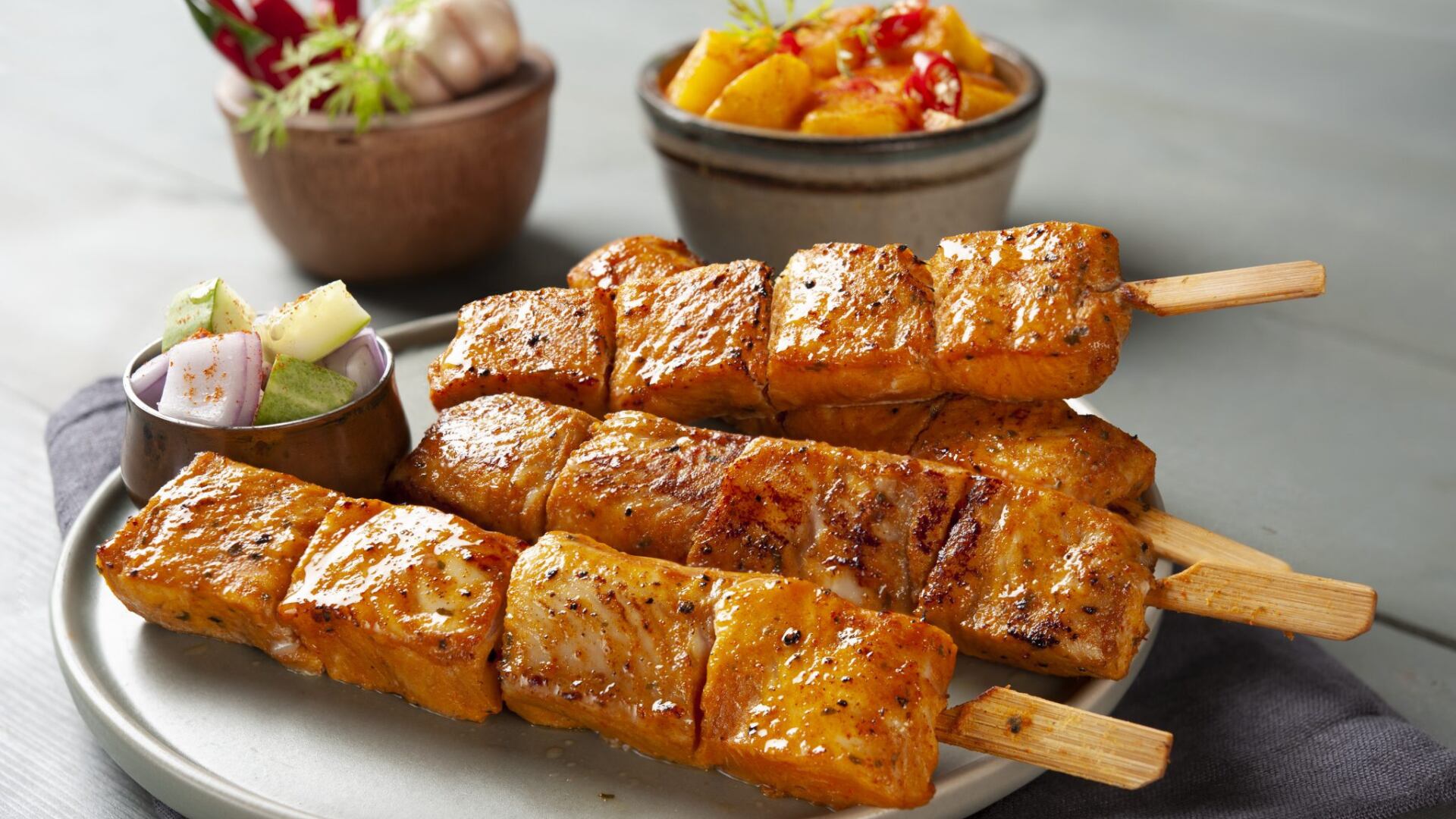
Vietnam’s Vinh Hoan is maximising pangasius fish commercial potential with a circular model supporting convenient nutrition and supplement innovation

Asia holds vast growth potential for health-focused brands – but capturing it demands a balancing act between quality, affordability, and consumer trust
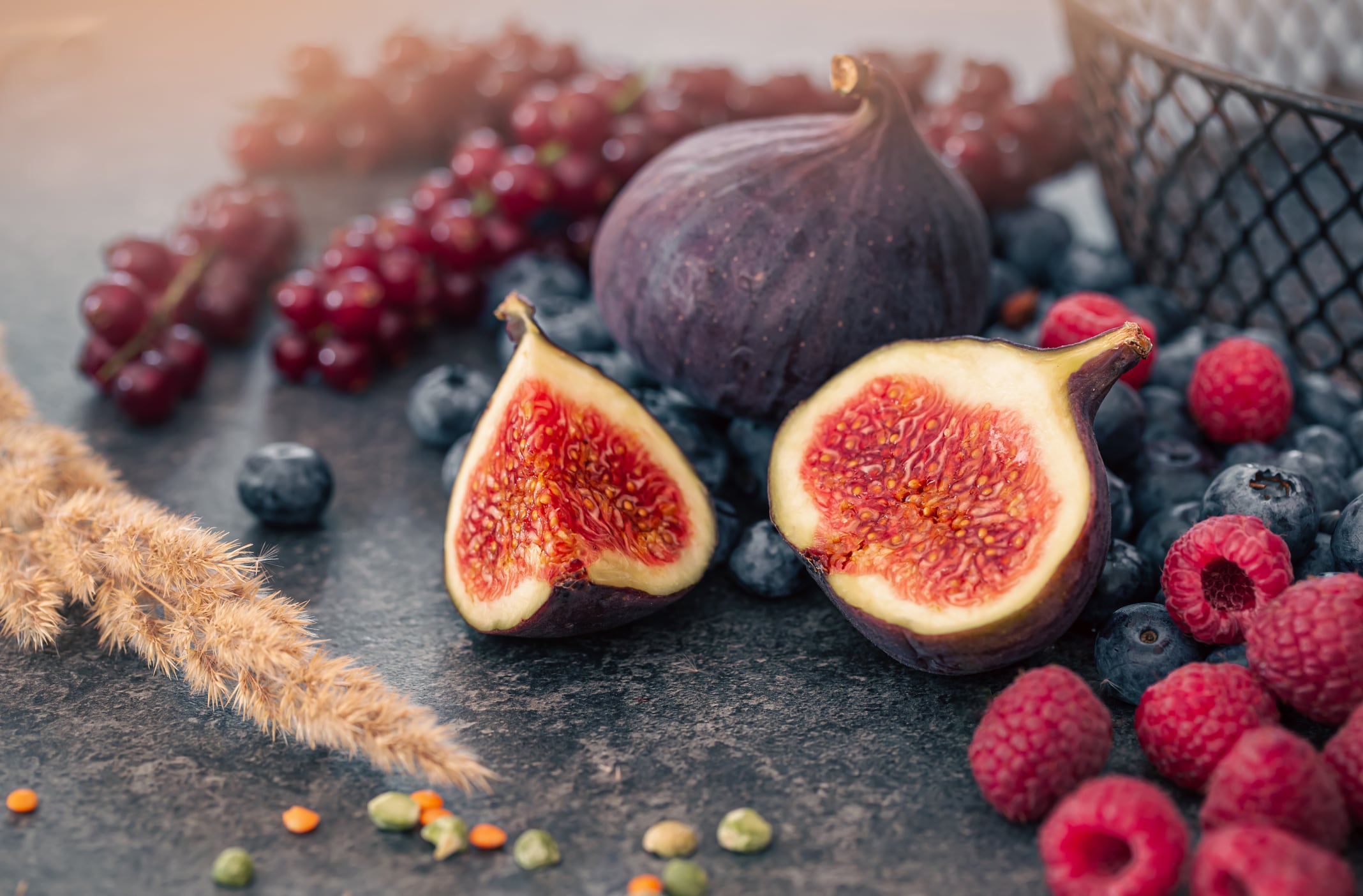
Japan’s Functional Food Creation Research Institute prioritises health benefits over clean-label claims with its fermented 75-botanical plant extract
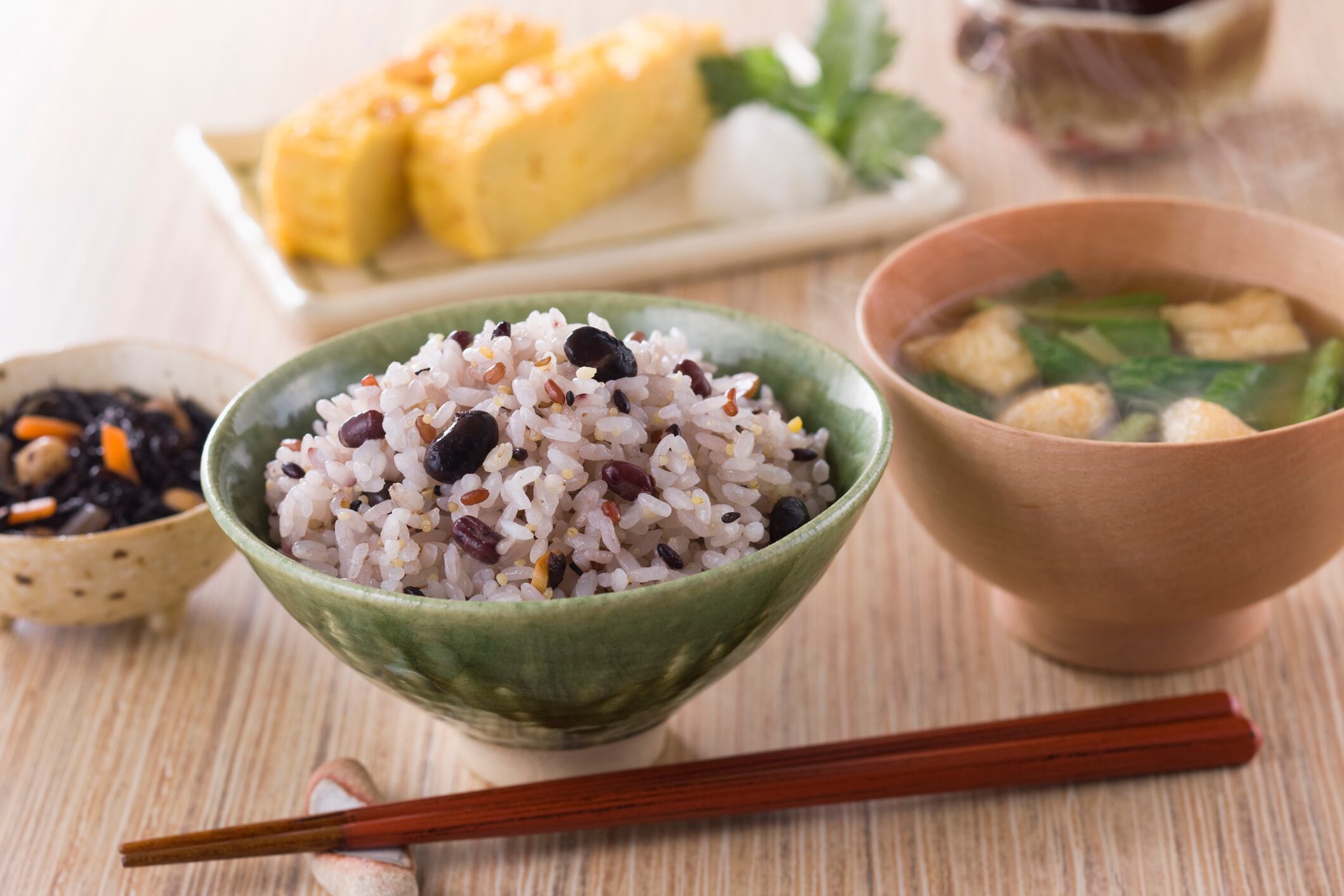
Japan’s Sankyo Foods introduces a microwavable GABA sprouted brown rice range, blending traditional staples for better texture and nutrition
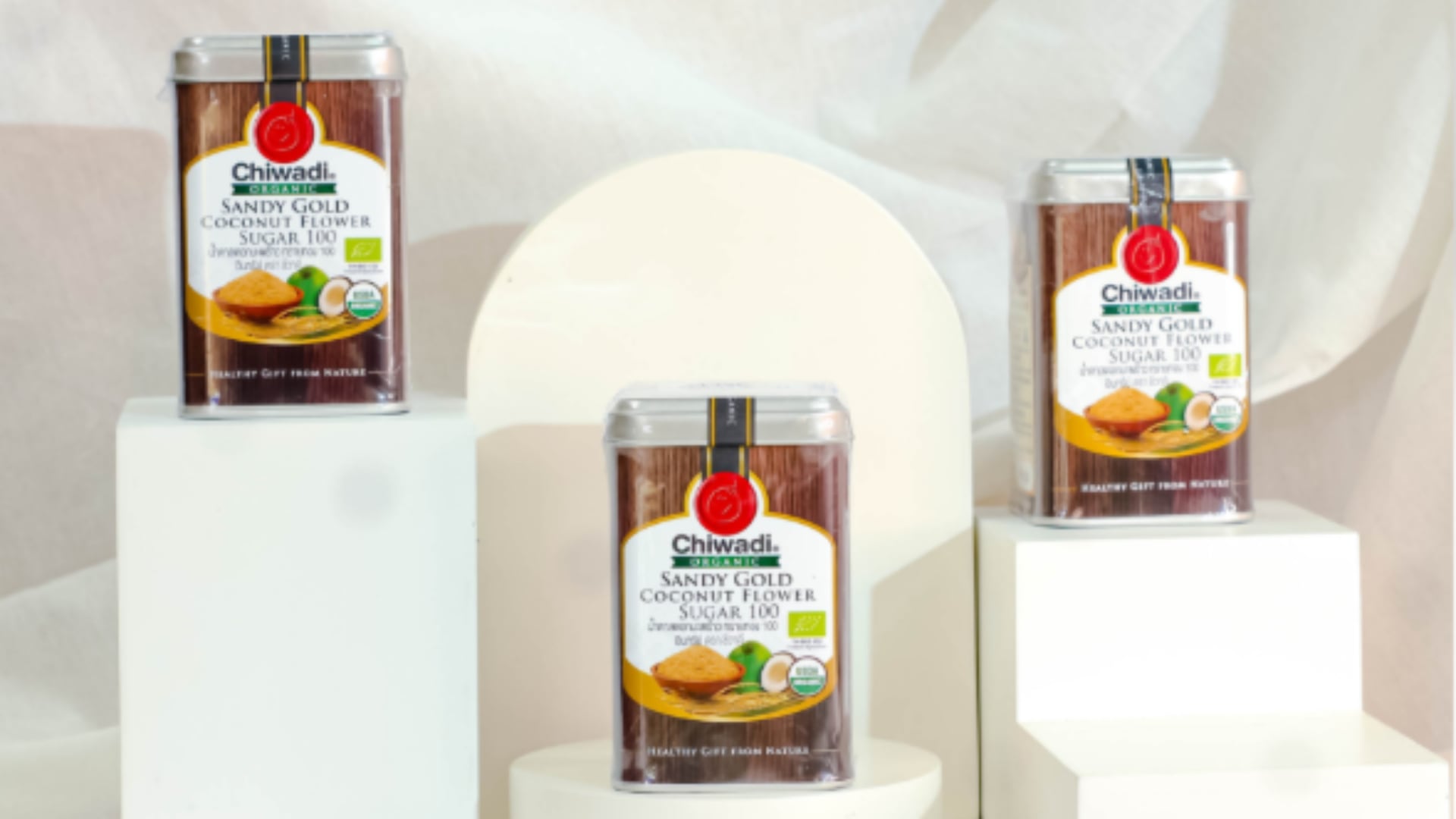
Thailand’s Chiwadi taps demand for clean label functional foods in markets new to coconut nectar, with focus on Asia and the UAE
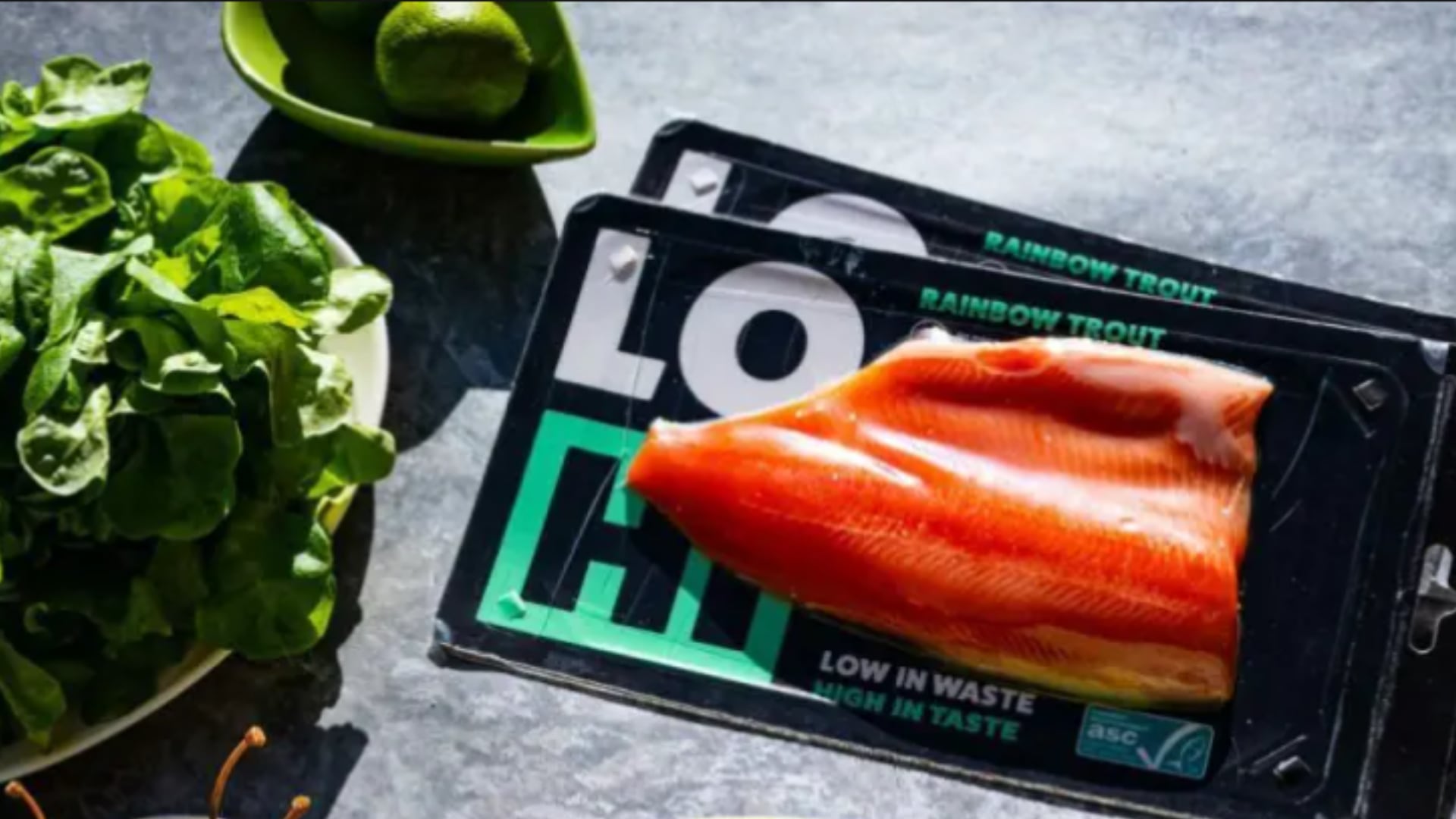
Finnforel has launched sustainably farmed rainbow trout in UAE, tapping the country’s fishing heritage and demand for clean-label convenient nutrition
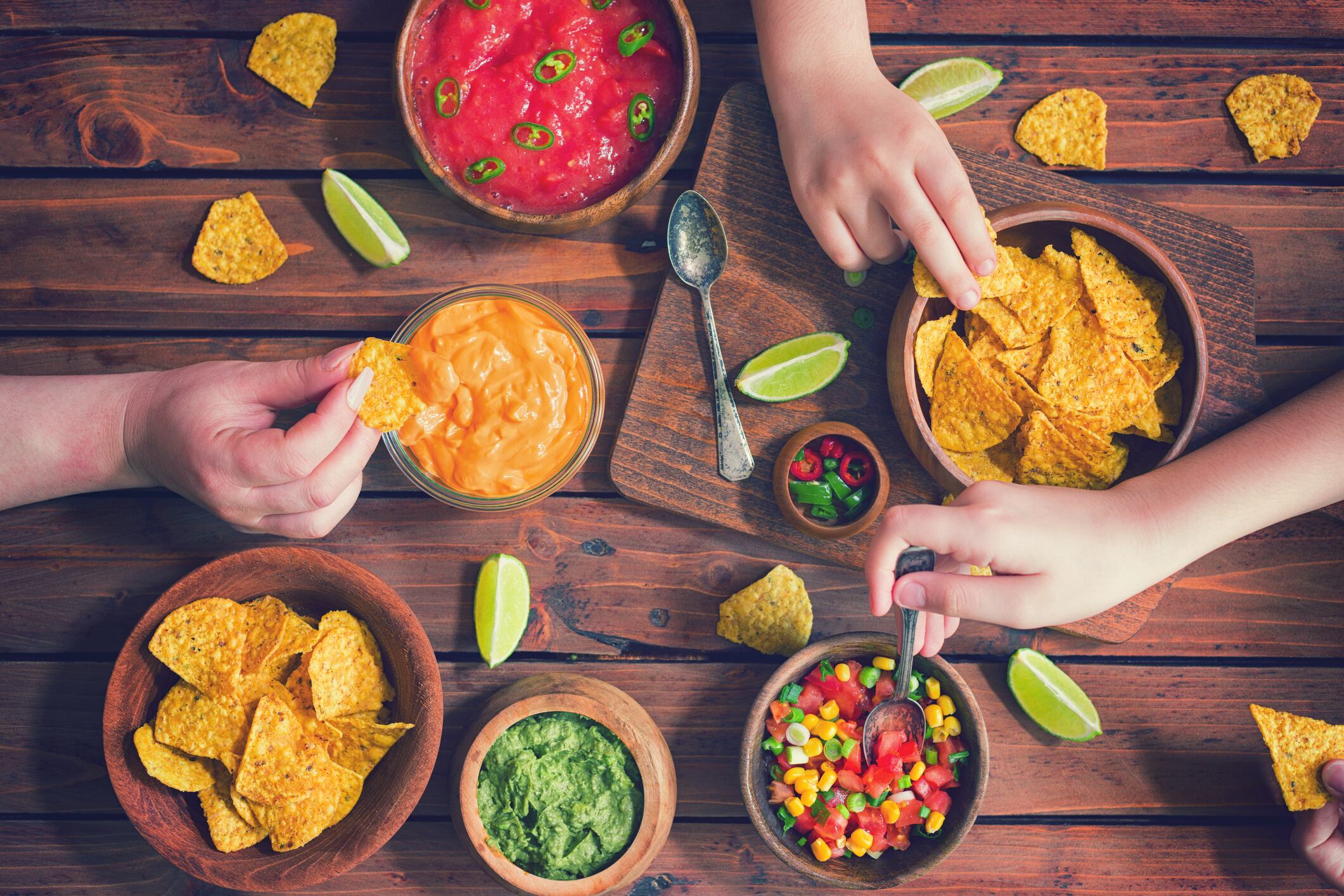
Function is the new flavour as snacks evolve to serve a spectrum of lifestyle needs from indulgence to performance and wellness
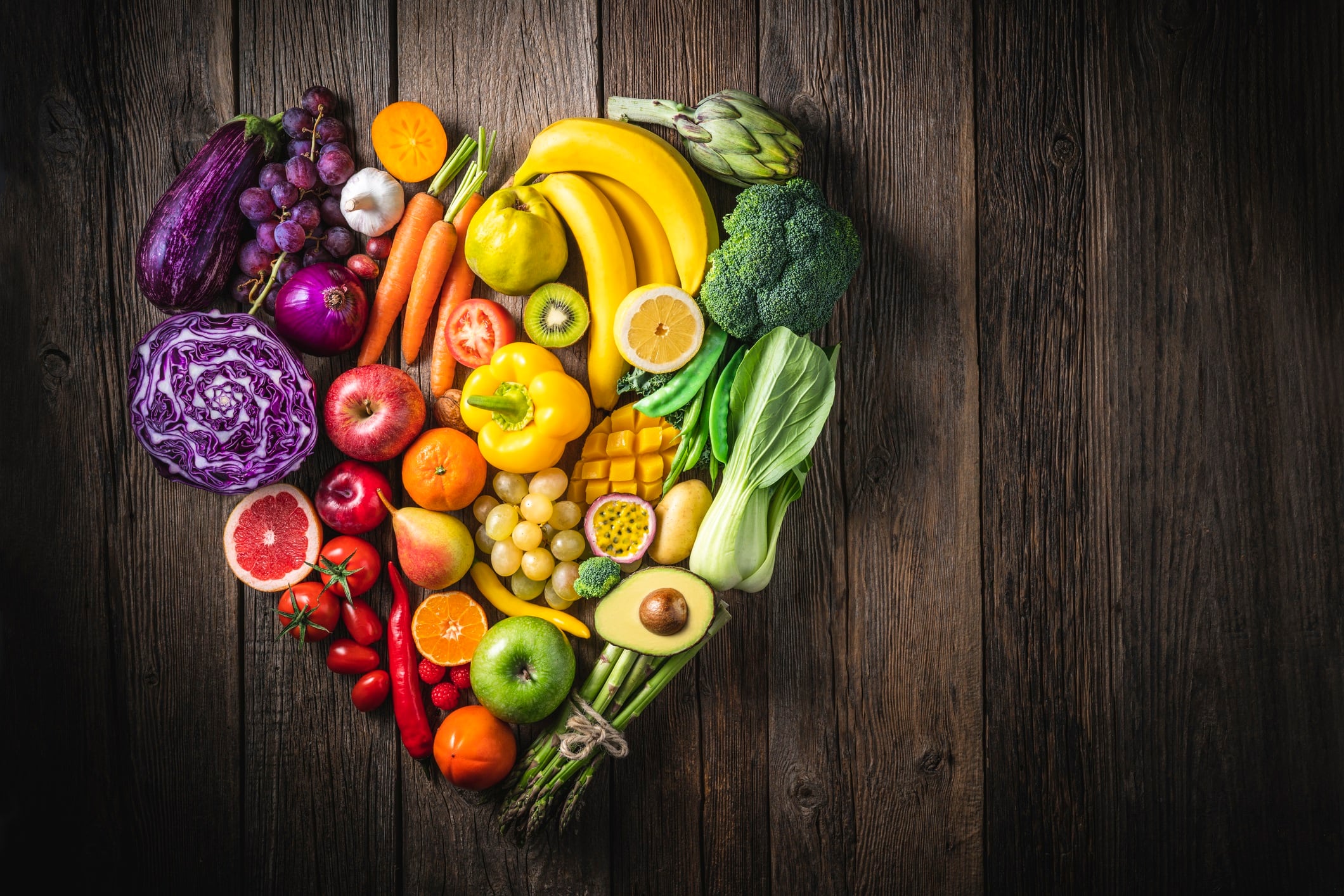
Fi Asia 2025
The clean label movement is driving fresh ways to use fruits and vegetables in food manufacturing and product innovation
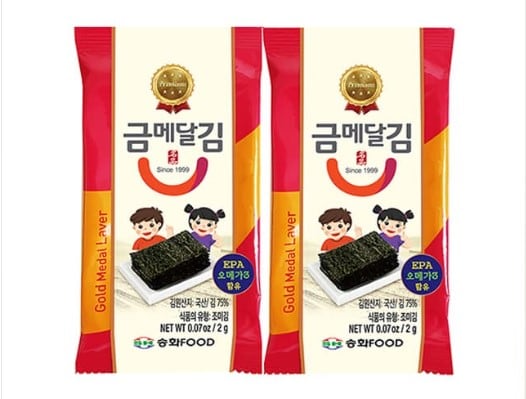
Song Hwa Food is banking on premium seaweed, minimal oil, and better packaging to expand across Asia while keeping flavours clean and crisp

Creativity and functionality are key to driving eco-friendly packaging amid regulatory shifts in Asia

Sixty-five percent of South East Asian consumers prefer local flavours and lower sugar when indulging in desserts, according to a new regional study
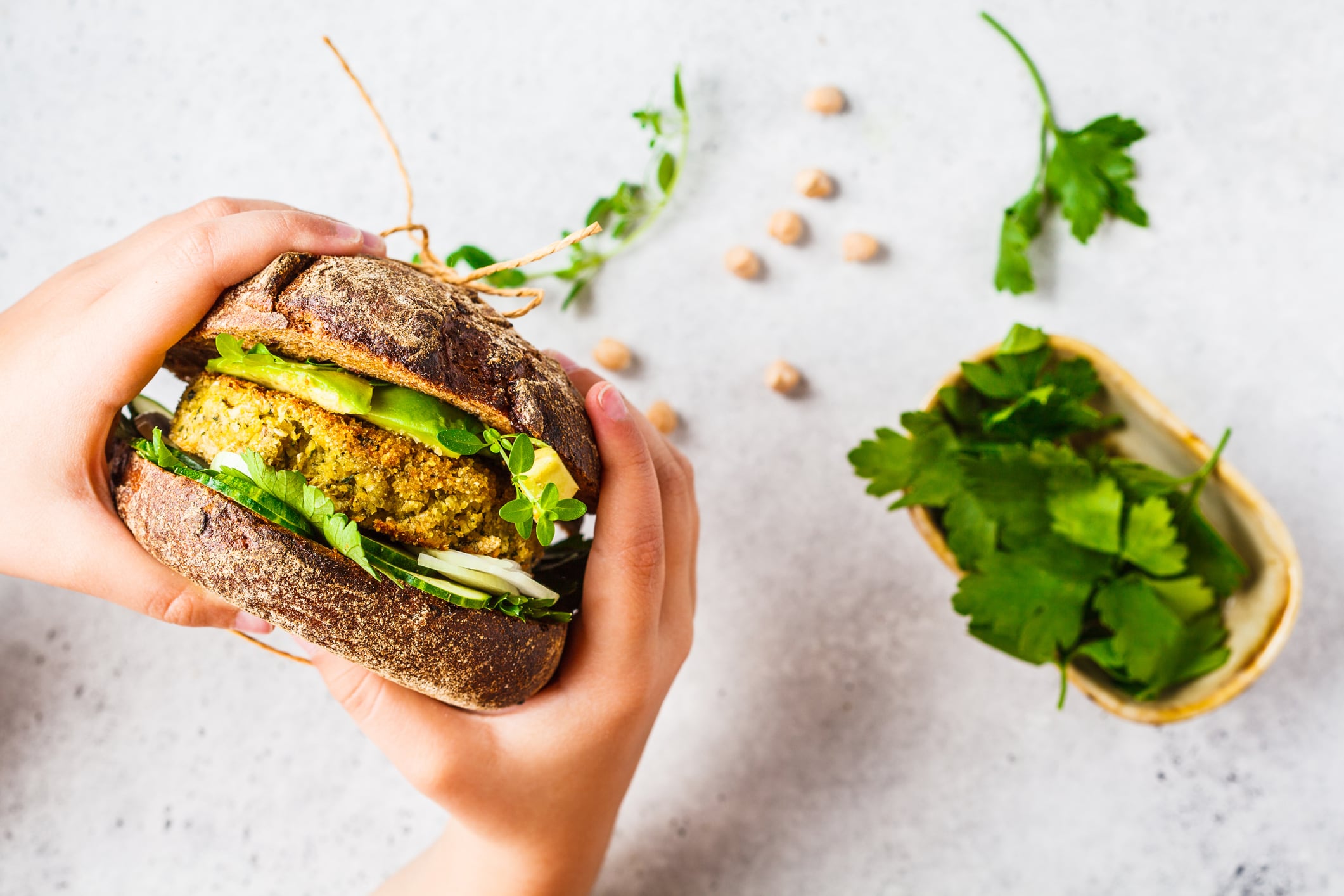
NECTAR to unveil consumer insights that may pave the way for mainstream adoption across Asia

Exclusive: New Zealand-based Leaft Foods partners with Lacto Japan to bring its leaf protein into staple categories such as bakery and dairy foods

Food tech firm Mottainai made its soy-based meat with public health in mind – a tenet that guides its food safety and nutrition policy to build consumer trust
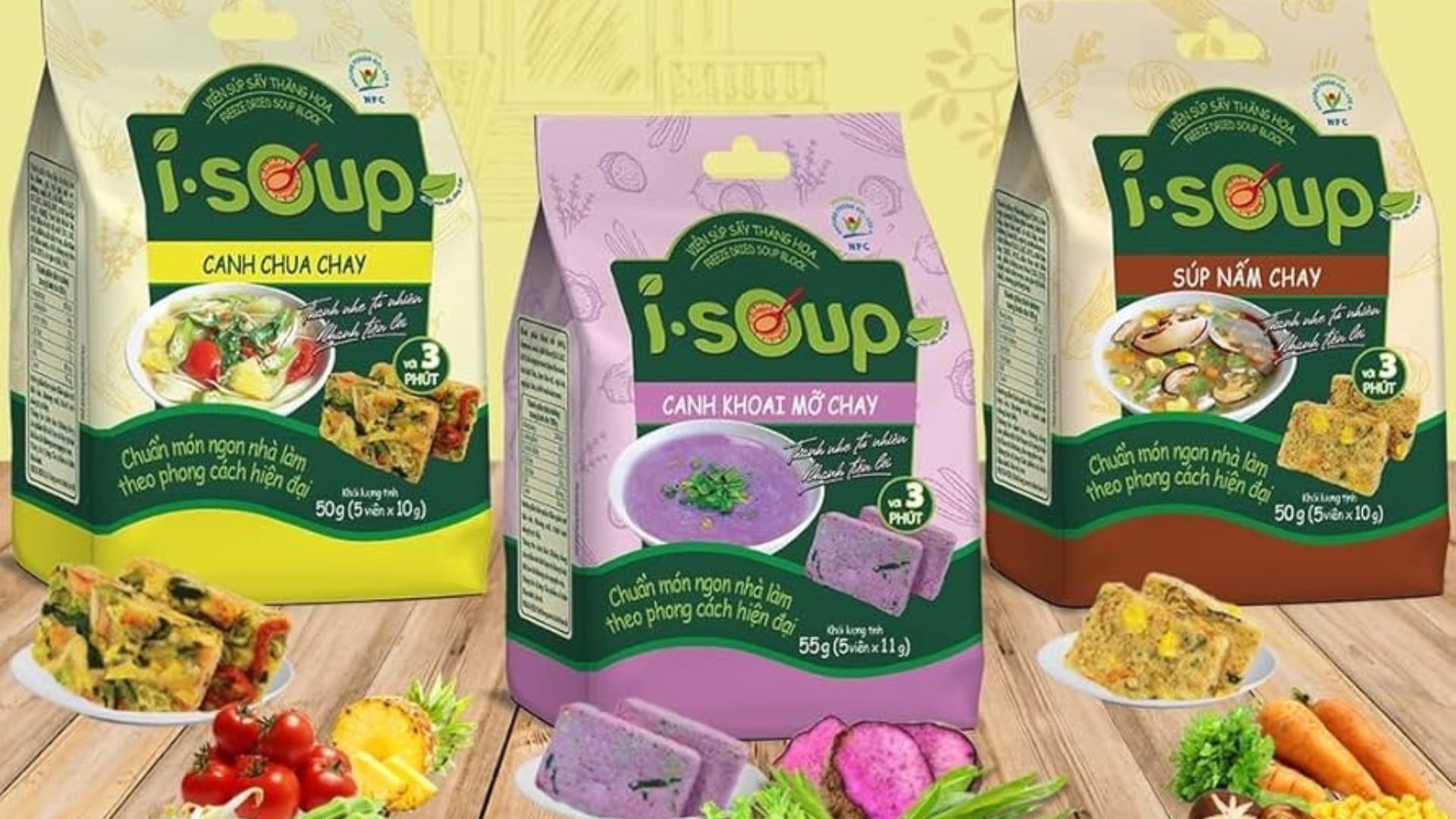
Vietnam’s Nature Foods Company (NFC) taps APAC’s ready-to-eat (RTE) food demand with freeze-drying tech that delivers safety, nutrition, and clean-label appeal

本期“聚焦澳新”包含 AIFST、Brownes Dairy、便利与健康等专题报道

Modi’s nationwide anti-obesity drive, the rise of better-for-you snacks, Zepto e-commerce scandal, and more feature in this round-up

ここでは、English Tea Shop、飲料トレンド、コーヒーなどを特集しています。

今回のサステナビリティ スニペッツでは、CP Foods、食品安全の難問などを取り上げて います。

今回のサイエンス ショートでは、糖尿病有病率、WHO STEPs研究、ベジ・ナノセンサーなどを特集しています。
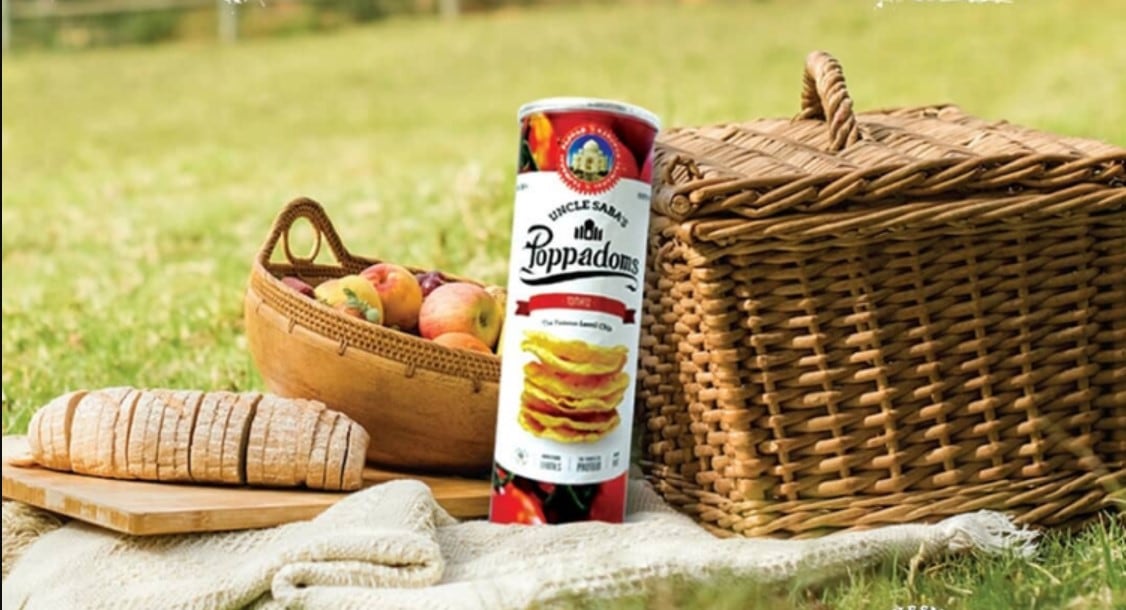
Uncle Saba’s Poppadoms has grown from its traditional roots to become a global snack brand sold in 25 countries - this is its story
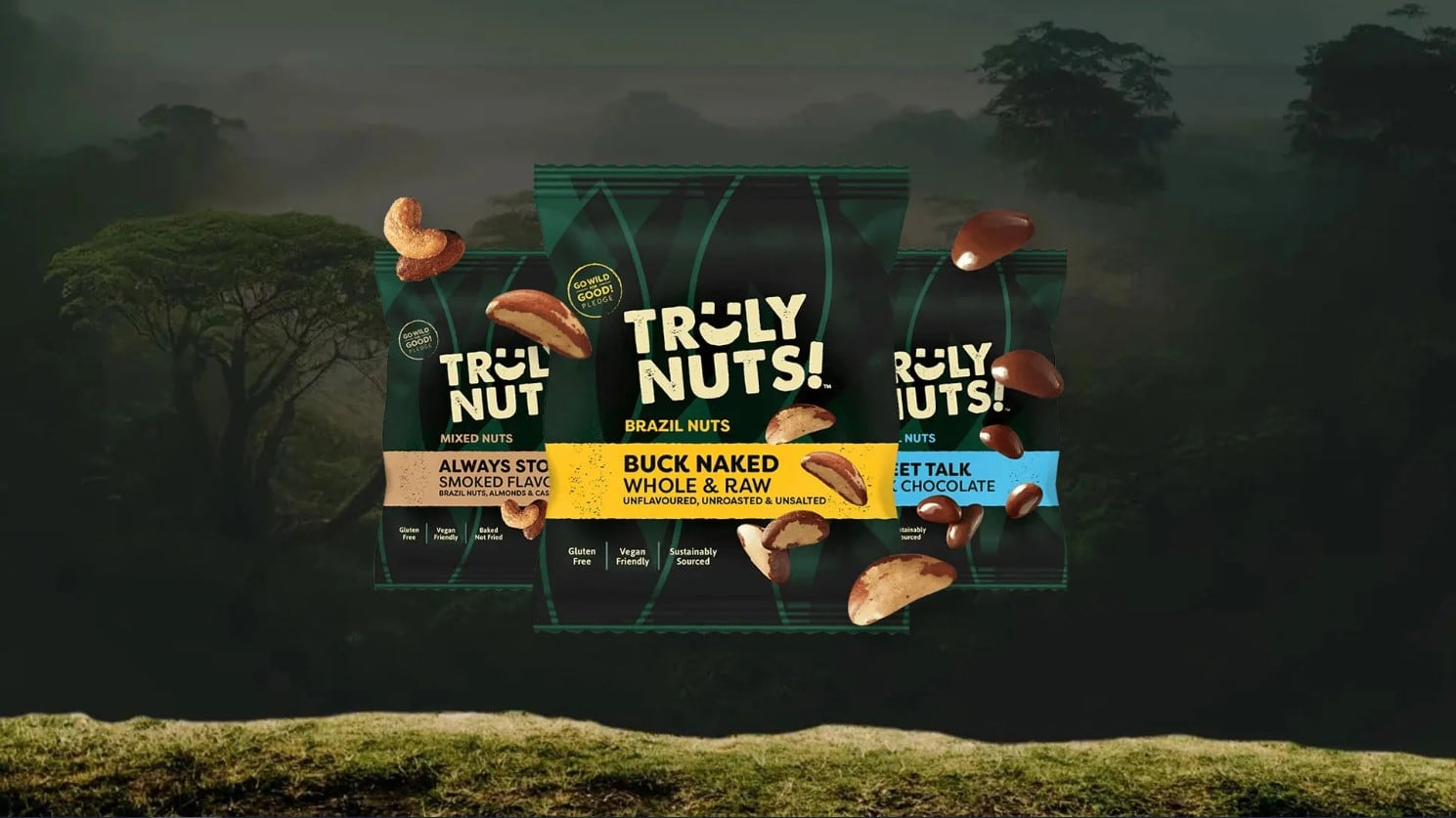
Brazil nuts offer more than nutrition – they also protect rainforests and support local communities

GROWTH ASIA SUMMIT 2025
Research shows that oats can lower age-related inflammation (iAge) in adults at risk for cardiovascular disease
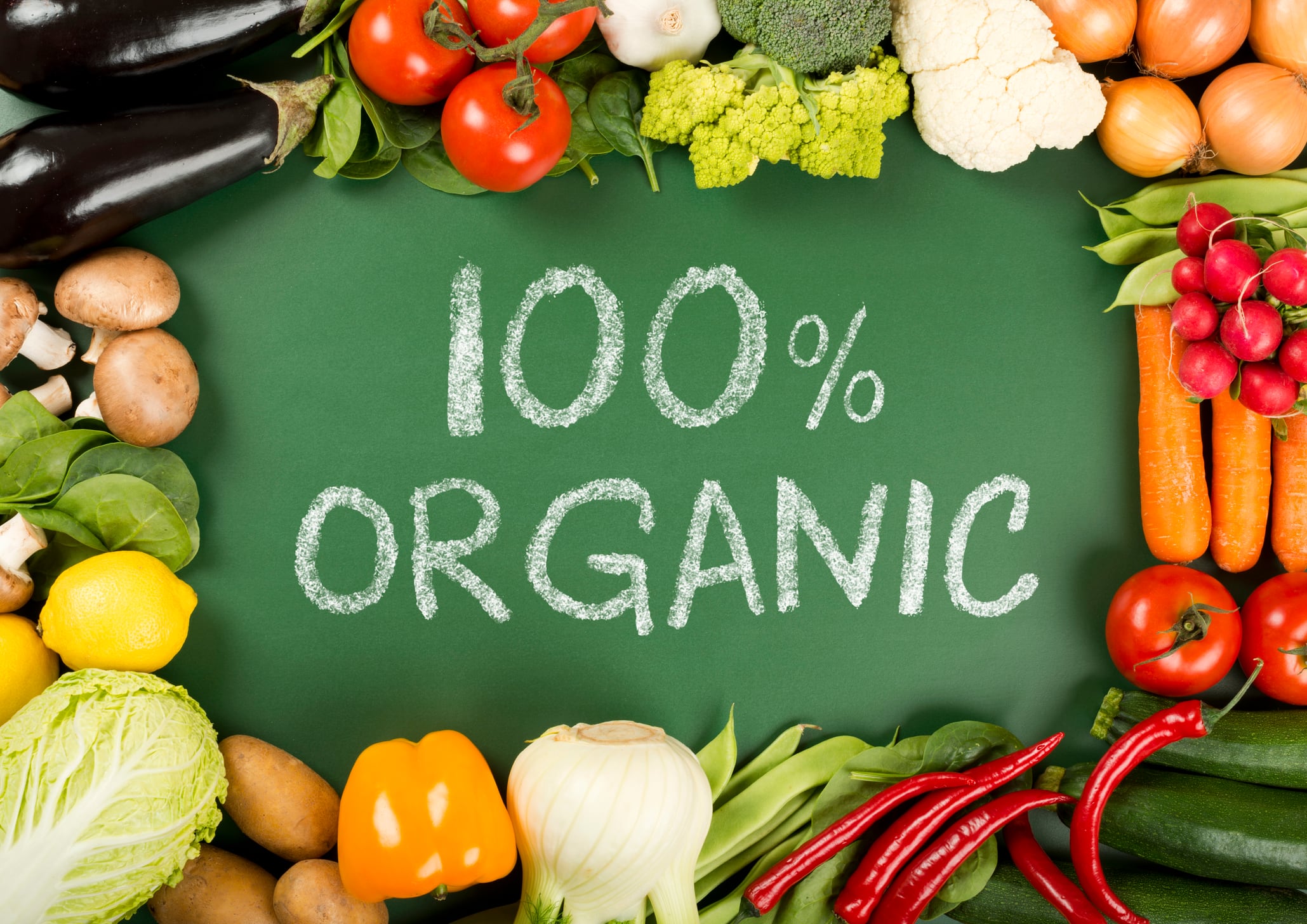
India’s food regulator says ‘100%’ claims can mislead, as scrutiny mounts worldwide over absolute language in food and sustainability marketing

In this edition of China Focus, we explore how traditional baijiu is being reimagined for Gen Z, new regulations mandating plant-based food colourings, China’s pivot to ANZ dairy amid US tensions, and more

本期“聚焦中国”重点探讨如何为 Z 世代重新定义传统白酒、强制使用植物食用色素的新法规,以及在中美关系紧张之际中国转向澳新乳制品等内容
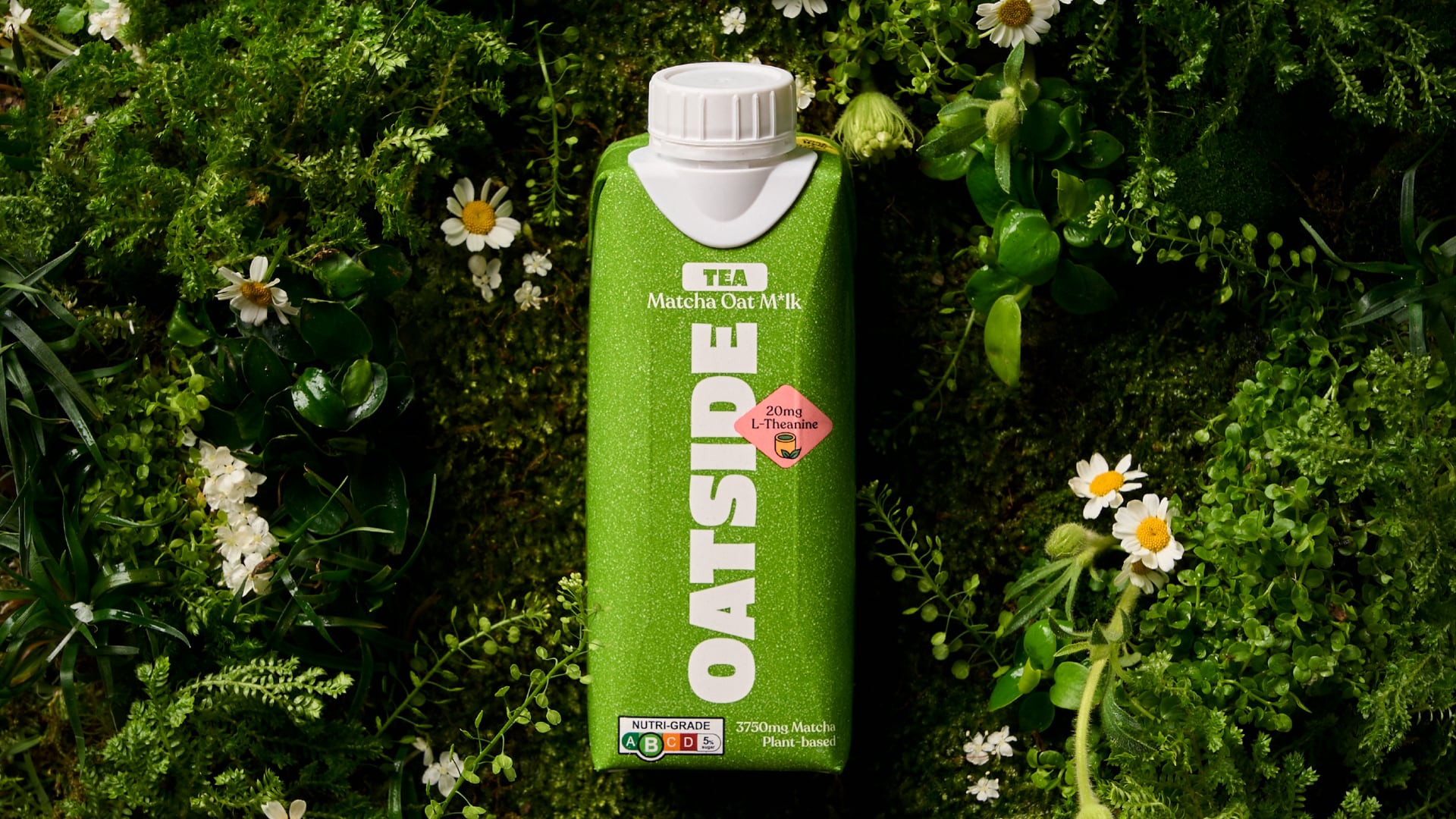
Oatside has launched a matcha oat latte designed to boost mental wellness – with flavour to match
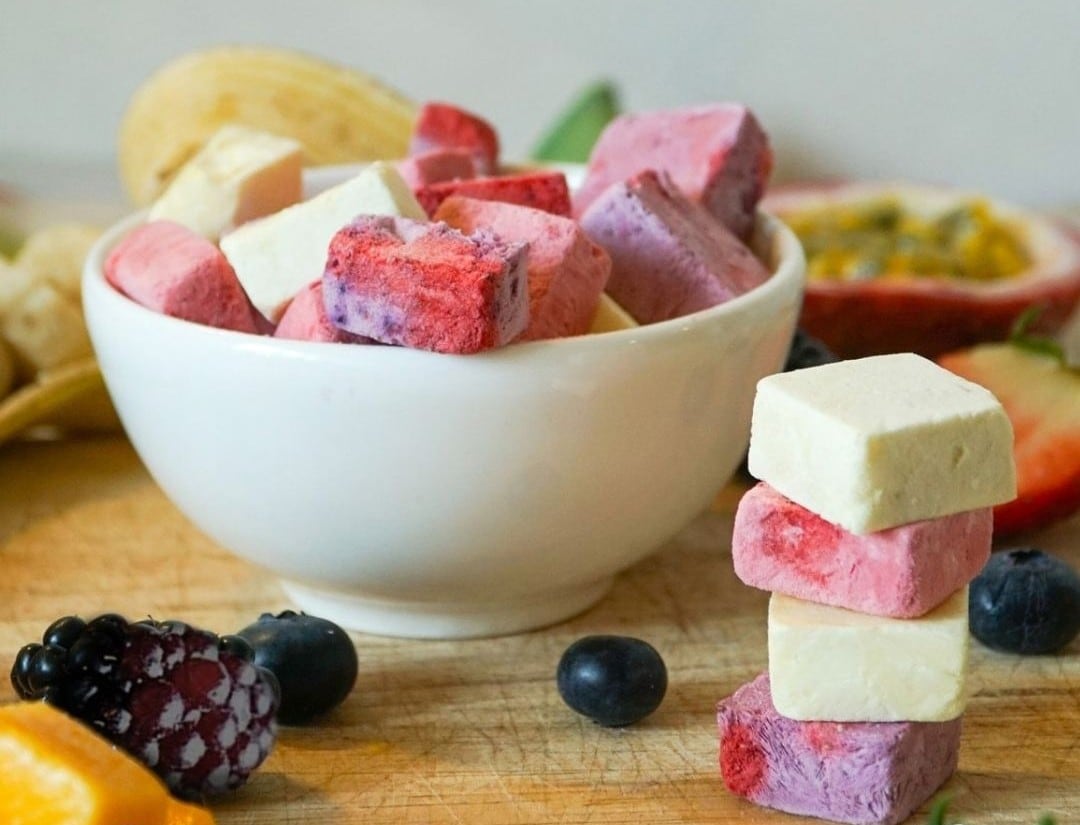
Singapore-based Hey! Chips has expanded its clean snacks portfolio with a new range of freeze-dried fruit bites, which it claims offer a unique melt-in-your-mouth texture.

Vibrant colours including red, orange, and blue are in demand as food and beverage brands tap into colour psychology to engage social media-savvy consumers.
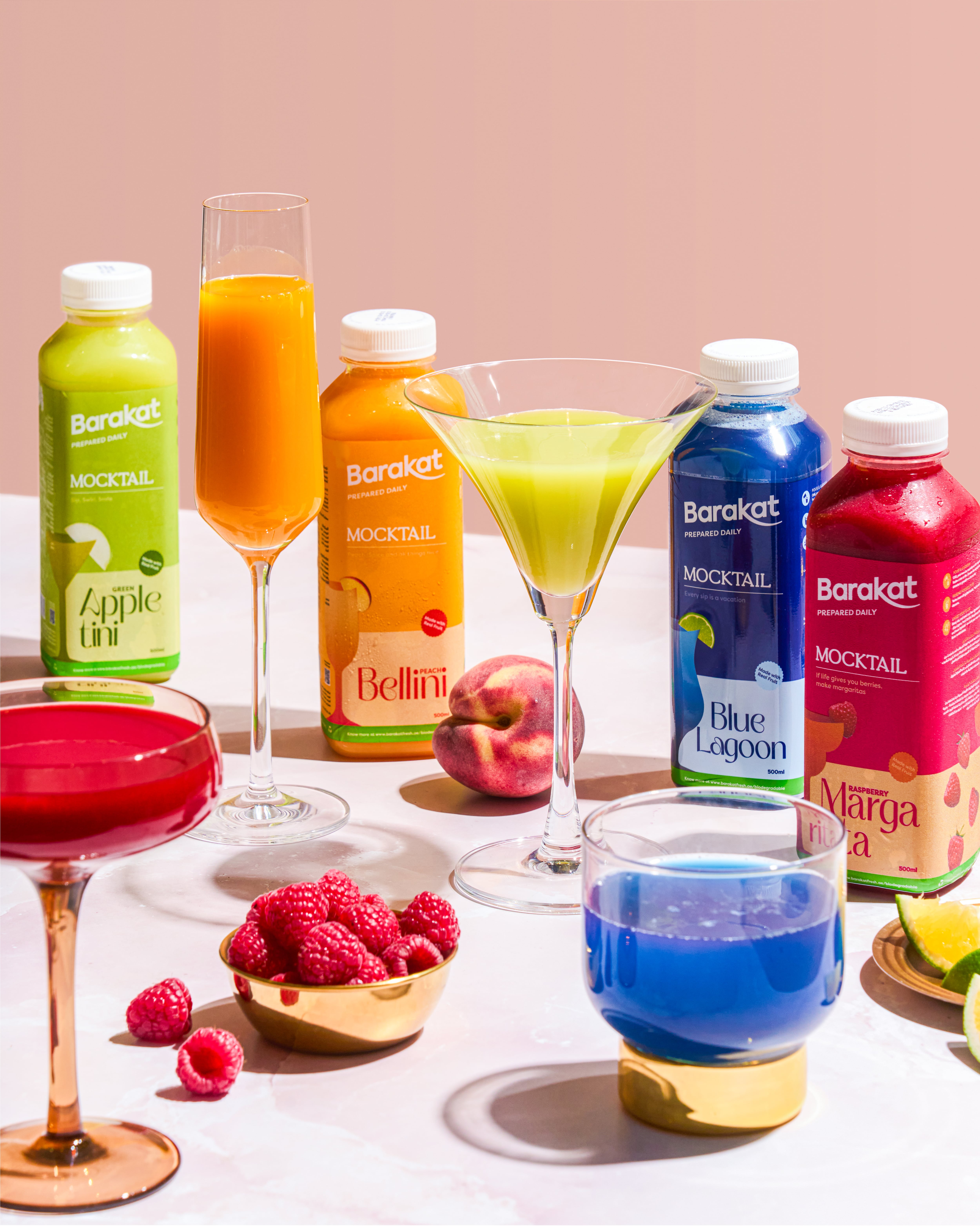
GULFOOD
Dubai-headquartered Barakat looks to meet consumer demand for non-alcoholic beverages that replicate the drinking experience with its packaged mocktails, a category that the company hopes to grow in the Middle East and beyond.

Sharjah Agriculture and Livestock Production (Ektifa)’s dairy brand Meliha has expanded its line-up to include a laban beverage, in response to rising demand for organic products in the UAE.
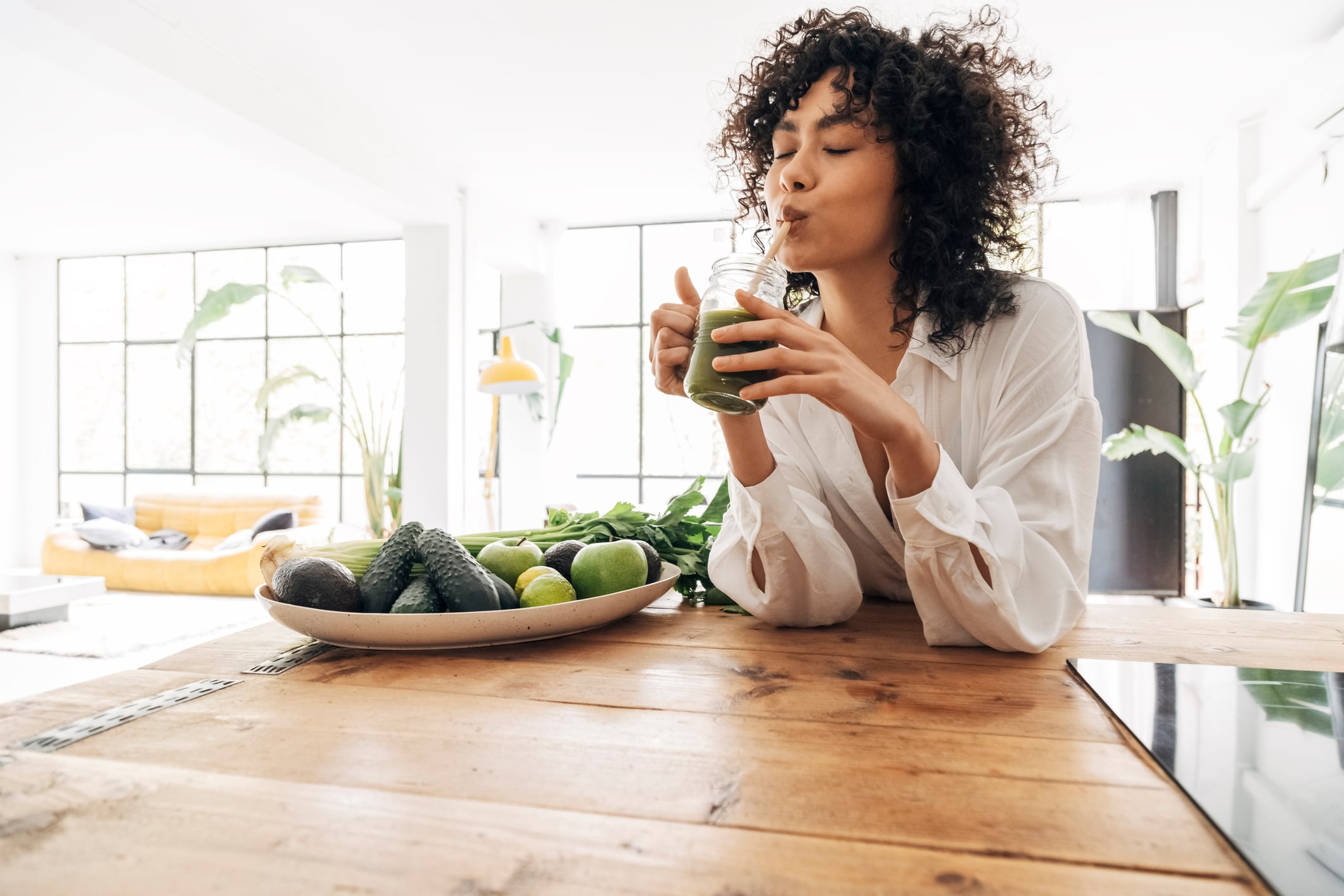
Eight free webinars, over 50 experts and one unmissable opportunity to turn nutrition insights into action. It’s FoodNavigator’s global Positive Nutrition event